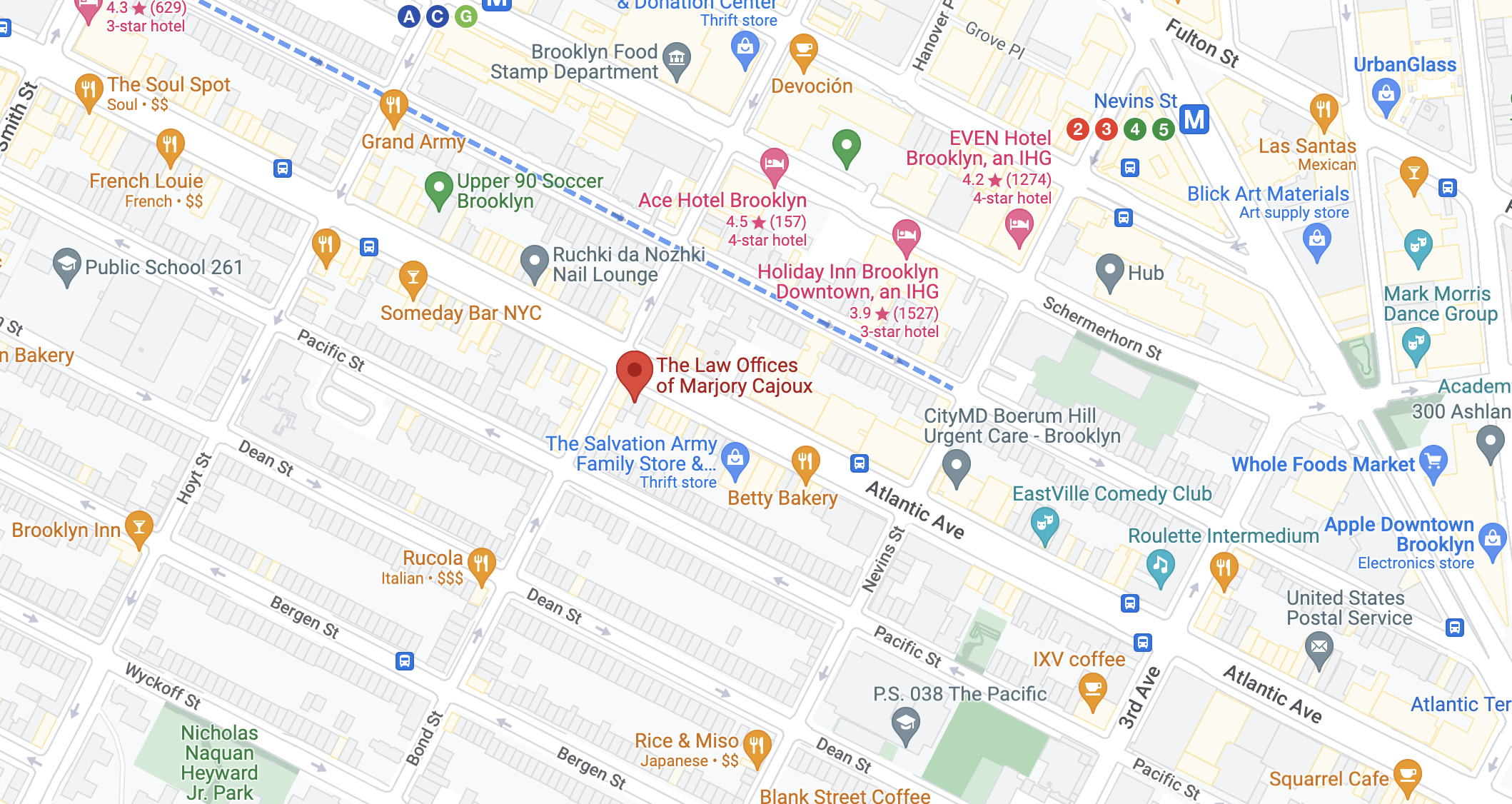If your business in New York is transitioning from a sole proprietorship to a partnership, obtain the legal advice and services of a New York business attorney. We can ensure that your paperwork is in order and that your partnership agreement complies with the law.
Since sole proprietorships involve only one owner, they are not usually based on any kind of formal business agreement. Thus, the law in New York doesn’t require you to dissolve your sole proprietorship in order to transition to a partnership.
A partnership is established when two or more persons do business together. What does it take legally to transition from a sole proprietorship to a partnership? If it’s time to alter your business structure, keep reading this brief discussion of partnerships for the answers you may need.
How Do You Begin a Partnership?
You will need to start the transition from a sole proprietorship to a partnership by deciding which type of partnership is right for your business. New York allows three types of partnerships:
1. general partnerships
2. limited partnerships
3. limited liability partnerships (LLPs)
New York allows the formation of limited liability partnerships only for professionals. This exception protects partners from the liabilities and debts that may arise from a court’s judgment against another partner, for example, in a professional malpractice case.
What is a Partnership Agreement?
After the partners have chosen a partnership type, they need to have a partnership agreement, which should be prepared by a business lawyer. A New York business lawyer routinely prepares partnership agreements for their business clients in the New York City area.
A partnership agreement describes each partner’s duties and contributions. You’ll also need to choose a name for your partnership and register that name with the New York Department of State. You should then request an Employer ID Number from the Internal Revenue Service.
Additional steps will hinge on the type of business that the partnership intends to conduct. These steps include obtaining necessary licenses and permits. If products and/or services will be sold, the partnership must be registered with the New York State Department of Taxation and Finance.
What Else Should You Know About Partnerships?
Every new partnership requires help from a business lawyer as well as an accountant. Our law firm provides assistance with business concerns that include taxes, zoning, liability, the protection of intellectual property, and compliance with hiring and employment laws.
Like all other businesses, partnerships are governed by local, state, and federal regulations and laws. We can help you establish business practices, policies, and solutions–now–to protect you against lawsuits and other potential legal difficulties in the future.
Even the most mundane and routine decisions that a business owner can make may open the door to a potential legal difficulty. If you are establishing a partnership, you should put a New York business lawyer on your team from the very beginning.
Developing a long-term relationship with an experienced New York business attorney is one of the smartest moves a business owner can make. To learn more, or to schedule your first business-related legal consultation, contact our law firm in New York City at 718-237-0411.






